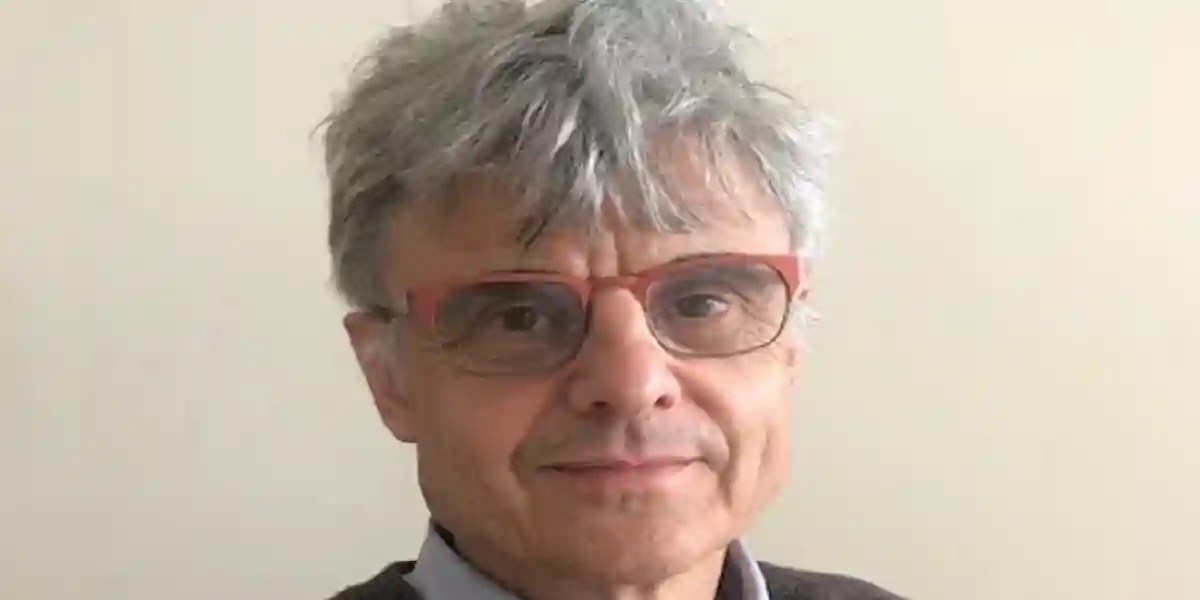A virologist has urged the World Health Organisation (WHO) to immediately halt mass vaccination to reduce viral infectivity rates and to prevent selected immune escape variants from rapidly spreading through the entire population, whether vaccinated or not.
Geert Vanden Bossche who received his DVM from the University of Ghent, Belgium, and his PhD degree in Virology from the University of Hohenheim, Germany, said mass vaccination in the middle of a pandemic is prone to promoting selection and adaptation of immune escape variants that are featured by increasing infectiousness and resistance to spike protein, thereby diminishing protection in vaccinees and threatening the unvaccinated.
He added that this explains why the WHO is failing to achieve herd immunity. Pindula News presents a summary of Bossche’s article titled C-19 Pandemia: Quo vadis, homo sapiens?
Summary:
The WHO’s mass vaccination program has been installed in response to a public health emergency of international concern. As of the early days of the mass vaccination campaigns, at least a few experts have been warning against the catastrophic impact such a program could have on global and individual health.
Mass vaccination in the middle of a pandemic is prone to promoting selection and adaptation of immune escape variants that are featured by increasing infectiousness and resistance to spike protein (S)-directed antibodies (Abs), thereby diminishing protection in vaccinees and threatening the unvaccinated.
This already explains why the WHO’s mass vaccination program is not only unable to generate herd immunity (HI) but even leads to substantial erosion of the population’s immune protective capacity.
As the ongoing universal mass vaccination program will soon promote dominant propagation of highly infectious, neutralization escape mutants (i.e., so-called ‘S Ab-resistant variants’), naturally acquired, or vaccinal neutralizing Abs, will, indeed, no longer offer any protection to immunized individuals whereas high infectious pressure will continue to suppress the innate immune defense system of the nonvaccinated.
This is to say that every further increase in vaccine coverage rates will further contribute to forcing the virus into resistance to neutralizing, S-specific Abs.
Increased viral infectivity, combined with evasion from antiviral immunity, will inevitably result in an additional toll taken on human health and human lives.
Immediate action needs, therefore, to be taken in order to dramatically reduce viral infectivity rates and to prevent selected immune escape variants from rapidly spreading through the entire population, whether vaccinated or not.
This first critical step can only be achieved by calling an immediate halt to the mass vaccination program and replacing it by the widespread use of antiviral chemoprophylactics while dedicating massive public health resources to scaling early multidrug treatments of Covid-19 disease.
Meanwhile, medical experts say the claims are false and that vaccination is urgently needed to control virus mutation through widespread immunity.
Experts say it is crucial to vaccinate as many people as quickly as possible in order to limit the risk of new variants emerging. John Wherry, director of the Perelman School of Medicine’s Institute for Immunology at the University of Pennsylvania said:
We are not forcing the virus into younger people by vaccinating the elderly.
He added that data from Israel does not support Vanden Bossche’s claim.
Joe Grove, a virologist at the Institute of Immunity and Transplantation at University College London, explained that even though vaccination could drive some virus changes, “it is not credible that widespread immunity will drive the emergence of a monster virus.” He added:
If we’re worried about the Covid-19 becoming some ‘super-virus,’ the best way to stop that is to stop it from replicating and the best way to do that is vaccines.
This was also confirmed by Scott Halperin, director of the Canadian Centre for Vaccinology who said if high levels of population immunity were achieved through vaccination, the risk of variant emergence is decreased because there are insufficient numbers of susceptible individuals to continue the propagation of the virus and spread through the community.
More: Pindula News

